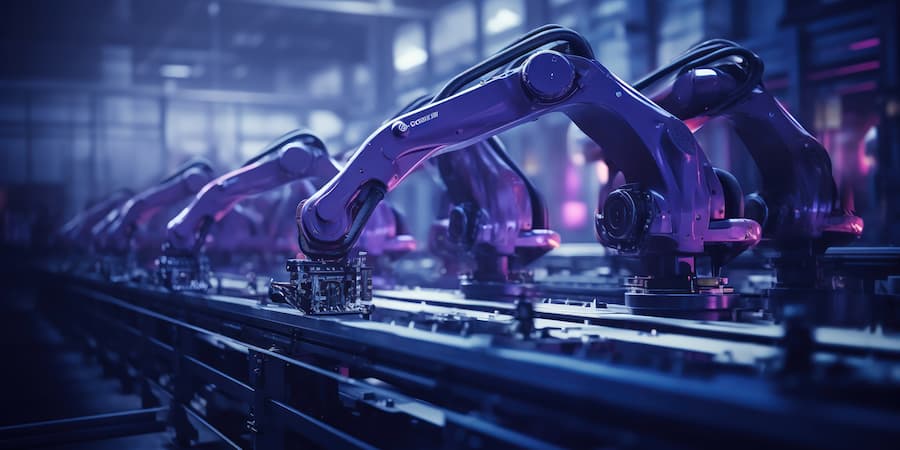Cyber-Physical Systems for Smart Manufacturing

Cyber-Physical Systems (CPS) are at the heart of Industry 4.0, revolutionizing manufacturing by bridging the gap between the physical and digital worlds. By integrating advanced computing, real-time data processing, and automation, CPS enable smart manufacturing environments that are more efficient, adaptive, and resilient.
In CPS-driven manufacturing, physical processes are closely monitored and controlled through computational systems. For example, sensors embedded in machinery collect real-time data on parameters such as temperature, pressure, and vibrations. This data is transmitted to computational systems, where algorithms analyze it to identify trends, optimize operations, or predict potential failures. Such systems ensure minimal downtime and enhance operational efficiency.
One of the most transformative aspects of CPS is its ability to enable predictive maintenance. Traditional maintenance practices often rely on fixed schedules, which can lead to unnecessary repairs or unexpected breakdowns. CPS uses real-time data and machine learning to predict when a machine is likely to fail, allowing for timely interventions. This not only reduces maintenance costs but also prevents disruptions in production.
Flexibility and adaptability are key features of CPS in smart manufacturing. These systems facilitate rapid reconfiguration of production lines to accommodate varying product demands or customizations. For instance, a CPS-enabled factory can automatically adjust its operations to switch from manufacturing one product to another with minimal human intervention.
CPS also play a critical role in quality control. By continuously monitoring the production process, these systems can detect anomalies and ensure that the final products meet the desired specifications. Advanced imaging and sensor technologies integrated with CPS can even inspect components at a microscopic level, ensuring unparalleled quality assurance.
Interconnectivity is another strength of CPS. These systems allow seamless communication between machines, humans, and the enterprise system. For example, a CPS-enabled factory can connect its production data with supply chain systems, ensuring just-in-time inventory management. This interconnected ecosystem reduces waste, optimizes resources, and improves overall productivity.
Despite their advantages, the adoption of CPS in manufacturing is not without challenges. Cybersecurity is a primary concern, as the interconnectivity of CPS increases the risk of cyberattacks. Protecting sensitive production data and ensuring the integrity of connected systems are critical for maintaining operational continuity.
Additionally, implementing CPS requires significant investment in infrastructure and workforce training. Manufacturers must adopt advanced technologies like IoT, AI, and robotics, and employees need to be skilled in operating and maintaining these systems. Governments and industries can play a pivotal role by offering incentives and training programs to accelerate CPS adoption.
CPS in smart manufacturing represent a paradigm shift, offering unprecedented opportunities for efficiency, innovation, and competitiveness. By embracing these systems, manufacturers can create intelligent factories capable of meeting the dynamic demands of the modern market.
Stay ahead with ITBusinessNews – Your trusted source for Technology and Business news. Fast & Precise




